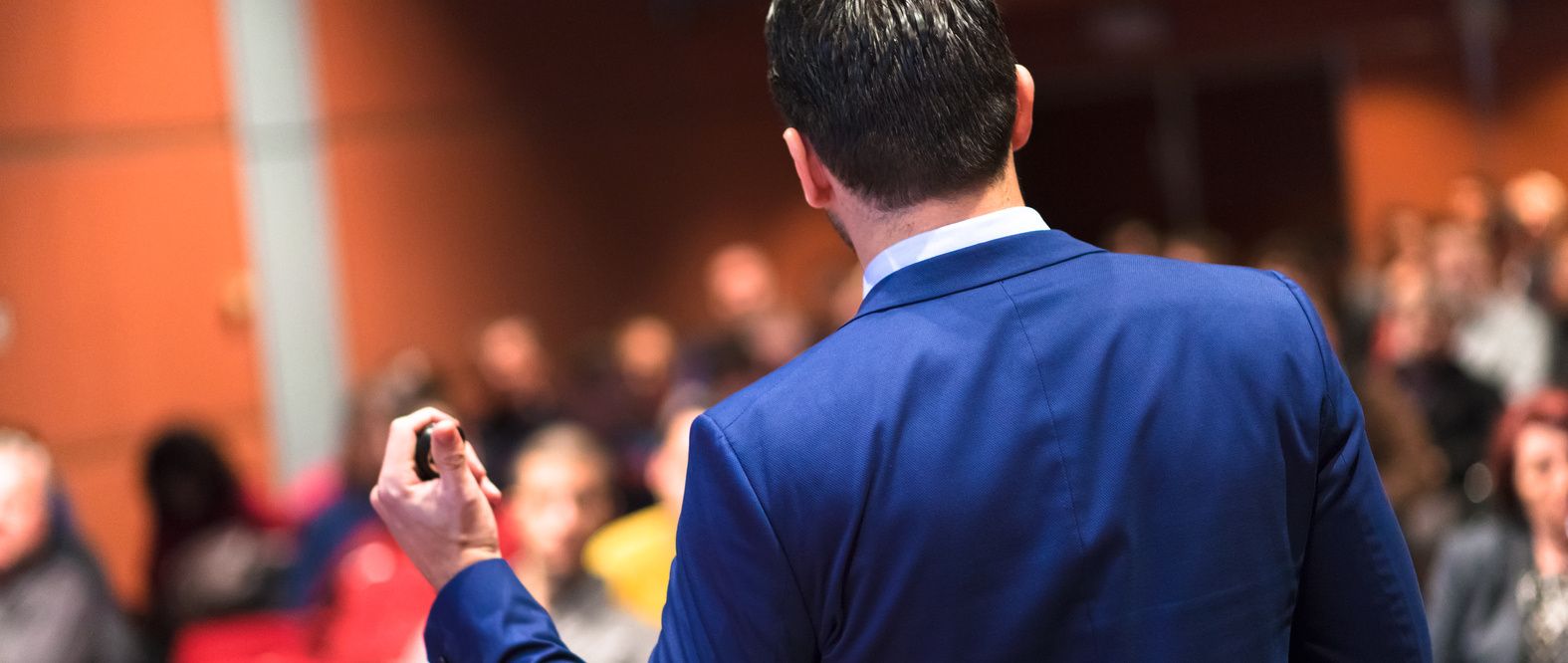By Doug Stevenson, CSP
Guest Blogger
From my experience speaking in front of hundreds of audiences, I have learned that stories are memorable because of the images and emotions contained in the story. The lesson of the story sticks because it’s embedded in an image. The image isn’t a still picture; it’s a motion picture, a movie.
Let’s test my theory. Take a moment now to think about a movie that you first saw over 10 years ago, prior to the year 2000. Have you identified your movie? Now, what do you remember when you recall this movie?
I bet that the first thing that came to your mind was an image or a scene. You remember the actors, their clothes, the location, the situation, and the emotions. You can see these images as easily now as you did when you were watching the movie.
What you remember next is dialogue. But compared to how vividly you remember the images, you probably don’t remember much of the dialogue. Your brain remembers pictures first. It then remembers the emotional context, and finally, it remembers language.
Stories are Memorable
In his book, “Brain Rules,” molecular biologist John Medina explains this phenomenon. “When the brain detects an emotionally charged event, the Amygdala releases dopamine into the system. Because dopamine greatly aids memory and information processing, you could say it creates a Post It note that reads, ‘Remember this.’”
That explains why audience members who saw me tell a story in a keynote over 10 years ago approach me like I’m a long lost friend and say, “I still remember your airport story.” But it’s what they say next that proves the effectiveness of my Story Theater Method as an essential storytelling skill. With a smile on their face, they say, “I’m still looking for the limo.”
“Look for the Limo” is the branded point of the story. I call it a Phrase That Pays. Because they remember the story, they remember the point. When they remember the point, it becomes actionable.
Most people who have ever given a speech, run a business meeting or tried to sell a product or service will tell you that stories are more memorable than facts and data. In my experience, the story is essential if you want people to remember any of your content.
Making an Emotional Connection
In his book, “Mirroring People,” Marco Iacoboni asks, “Why do we give ourselves over to emotion during the carefully crafted, heartrending scenes in certain movies? Because mirror neurons in our brains re-create for us the distress we see on the screen.”
At last I’ve found a scientific explanation to explain what I’ve been teaching for the last 20 years – mirror neurons. We don’t just listen to stories; we see images and feel emotions. We actually experience the story as if it’s happening to us.
Daniel Pink says, “Stories are easier to remember because stories are how we remember. When facts become so widely available and instantly accessible, each one becomes less valuable. What begins to matter more is the ability to place these facts in context and to deliver them with emotional impact.”
In other words, when you tell a story and make a point, you make an emotional connection. When you make an emotional connection, you and your story are memorable.
ABOUT OUR GUEST BLOGGER

Doug Stevenson, CSP, works with salespeople, leaders, professional speakers, trainers and fundraisers to help them make a point, teach a lesson or sell a product or service. He has delivered storytelling keynotes and training in 17 countries and has coached over 800 individuals who want to take their storytelling skills to the next level.
Doug is the author of “Doug Stevenson’s Story Theater Method,” and the “How to Write and Deliver a Dynamite Speech System.” Some of his clients include Microsoft, Oracle, Google, Cisco, SAP, Amgen, Bristol Myers-Squibb, Genentech, Aetna, USAA, Lockheed Martin, Coca Cola, Caterpillar, The American Medical Association and hundreds more.
Connect with Doug on his Storytelling in Business website.
©2018 Doug Stevenson – All Rights reserved


